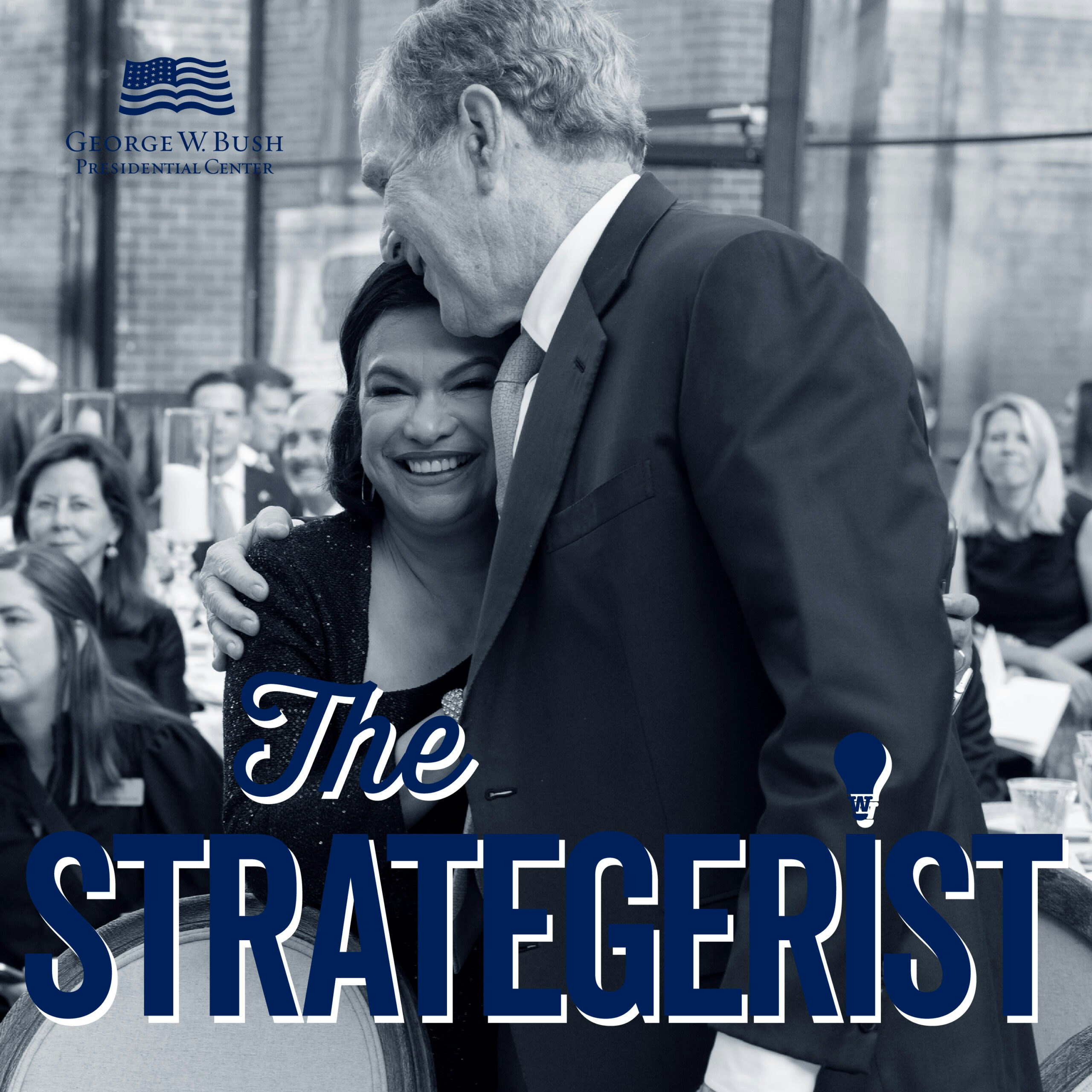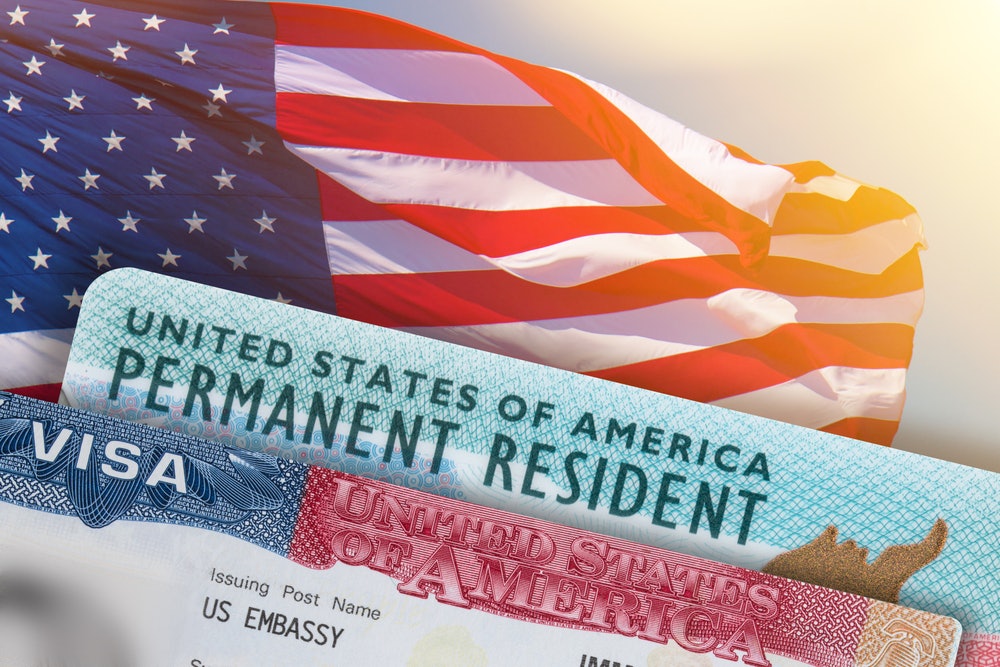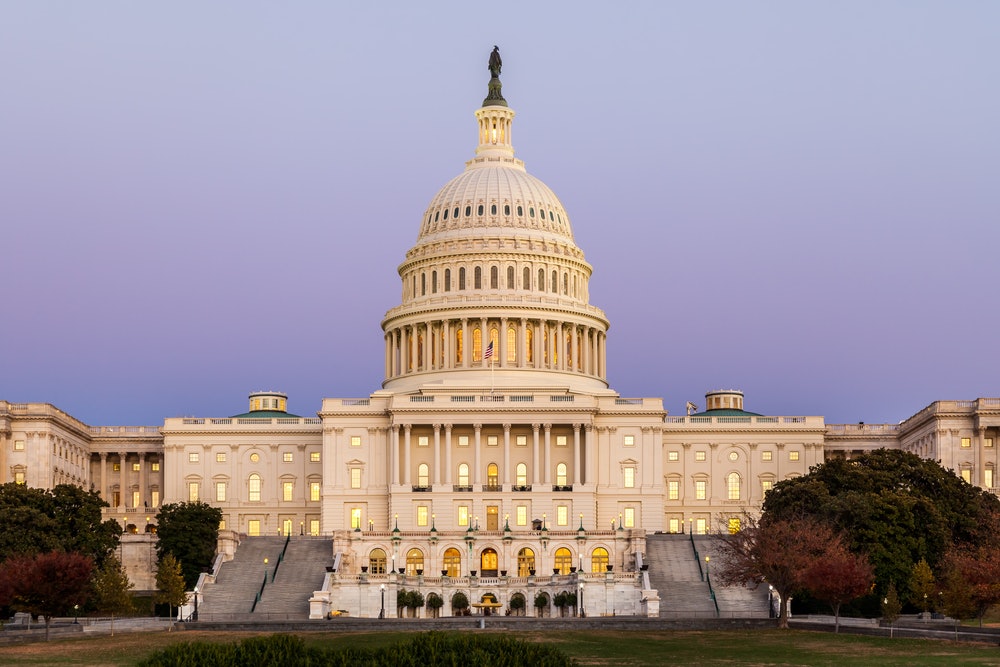For the fourth straight season, the NBA had more than 100 international players on opening night with at least one player on each team.
While basketball is an all-American sport created by Dr. James Naismith in 1891, it is very diverse and held together by many foreign born players. The 2017-18 season set a record for diversity with immigrants from 42 countries and territories on the court.
For many years NBA fans have cheered for the immigrant basketball stars. Who can forget Steve Nash, Dikembe Mutombo, Hakeem Olajuwon, and Vlade Divac? Recently, there has also been an explosion of top global talent playing stateside, including Dirk Nowitzki, Manu Ginobili, and Tony Parker. And, the number one overall pick in the 2016 draft, Australian Ben Simmons, is among the best young players in the game. One of the projected top picks for the 2018 draft is Slovenian Luka Doncic.
For the fourth straight season, the NBA had more than 100 international players on opening night with at least one player on each team. Some are stars and some role players, but by making an NBA roster, all are unequivocally among the best basketball players in the world.
It is fitting that Dr. Naismith’s creation would spawn the NBA of today. He was, after all, an immigrant himself.
History has shown that many foreign-born players can be a positive. The 2014 champions, the San Antonio Spurs, had nine international players on their roster during playoffs.
This year, the Cleveland Cavaliers, are unquestionably led by homegrown talent LeBron James. But with four foreign-born players, even the Cavs benefit from the global flavor of the NBA. Spaniard Jose Calderon is a 12-year veteran, and Canadian Tristan Thompson has been a starter and key contributor during these playoffs. There are two foreign-born rookies on the roster as well: Cedi Osman, from Turkey and Ante Zizic, from Croatia.
The Golden State Warriors have two foreign-born players on their roster. Fourteen-year NBA veteran Georgian Zaza Pachulia and rookie Canadian player Chris Boucher.
Foreign-born NBA players are typically on a P-1 visa—a temporary worker visa for internationally recognized athletes. This visa operates similarly to other temporary work visas in the U.S., such as the H-1B for highly skilled workers, the H-2B for low-skilled seasonal workers, and the H-2A for agricultural workers. Like other temporary work visa programs, the P-1 visa is employer-sponsored, must be renewed on a schedule, and does not automatically offer a path to permanent residency in the U.S.
Unlike other temporary worker visas, the P-1 has advantages. The P-1 visa does not have a numerical cap—sports teams can have as many foreign players as needed to compete. There are no government-imposed shortages of workers in professional sports—the market gets the labor it needs. Teams negotiate directly with players and agents to determine their wages rather than consulting a federal government regulation on wage rates. While the P-1 does not offer an automatic path to permanent residency, athletes of extraordinary ability can petition for an employment-based green card, just like H-1B workers. Lower skilled H-2B and H-2A workers do not have that option.
These players contribute to their teams and their sport in the same way that other immigrants and foreign-born temporary workers in the U.S. do. Their skills complement their teammates’ skills, filling in the talent gaps on the court. Similarly, immigrants and temporary workers complement native-born workers, working where the U.S. has skills gaps and labor shortages.
The P-1 visa meets the needs of our professional sports teams. P-1 players help our favorite teams compete.
Unfortunately for the vast majority of other American industries, our temporary worker visa programs are not like the P-1. They are inadequate and unwieldy. More temporary work visas and lower burdens for businesses to obtain them are needed to keep American businesses competitive.
There are undoubtedly some who would prefer American stars for our American game. But ultimately, fans want their teams to win. A player’s performance matters far more than their country of origin—especially if they hit the game-winning shot.
We should view other industries like we view our favorite teams. American businesses need talent to compete. The American economy needs workers to be productive. Foreign-born workers can complement native-born workers to help American businesses grow and thrive in the global economy. So, why won’t we allow temporary foreign workers to meet the needs of America?































